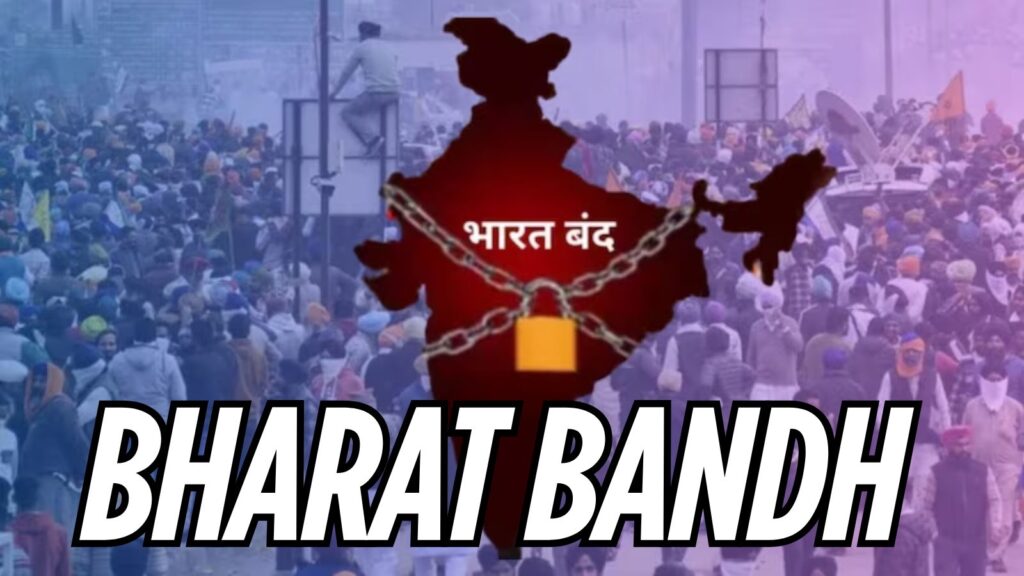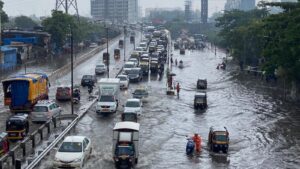Bharat Bandh on July 9: Over 25 Crore Workers to Participate, Key Services May Face Disruptions

Bharat Bandh Today: What’s Open And Shut In Pune
India is set to witness a large-scale industrial and agricultural shutdown on Wednesday, July 9, as more than 25 crore workers across the country prepare to take part in a nationwide strike, commonly referred to as Bharat Bandh. Organised by a coalition of ten major central trade unions, the strike has been called in protest against what the organisers call the “anti-worker, anti-farmer, and pro-corporate” direction of the central government’s policies.
The impact of this nationwide action is expected to ripple through several key sectors including banking, postal services, coal mining, transport, and manufacturing. Though banks have not made an official strike announcement, services at public and cooperative bank branches may be delayed or halted as large numbers of employees are expected to join the protest.
What’s Fueling the Protest?
The trade unions cite years of frustration over unaddressed demands and the perceived erosion of workers’ rights. At the core of their concerns is a 17-point charter of demands that was submitted to the government last year. According to union leaders, the government has not taken any concrete steps to address these demands, nor has it convened the Indian Labour Conference, a key forum for worker representation, for over a decade.
Amarjeet Kaur of the All India Trade Union Congress (AITUC) explained, “This strike is not sudden. It’s the result of months of preparation and deep discontent across both organised and unorganised sectors. Workers from all walks of life – from factory floors to fields – are joining in.”
A central issue being challenged by the unions is the government’s four new labour codes, which were passed by Parliament in recent years. While the government argues these codes aim to simplify and modernise labour laws, trade unions strongly disagree. They allege that the new framework aims to weaken collective bargaining, increase working hours, limit the right to strike, and dilute employer accountability in case of labour law violations.
In a unified statement, the joint platform of trade unions accused the government of steadily shifting the country away from its welfare commitments, stating, “The policies being pushed aggressively are not just anti-worker, but anti-national. They benefit large corporate entities at the cost of common working people.”
Farmers and Rural Workers Join the Call
Support for the strike isn’t limited to industrial sectors. The Samyukta Kisan Morcha and various rural workers’ associations have thrown their weight behind the protest. Demonstrations and rallies are expected in several rural districts as part of a show of solidarity with the working class.
Public Services Expected to Take a Hit
Public life in several parts of India is likely to be affected. Among the services expected to face major disruption:
- Banking operations may slow down or halt in several locations due to staff absenteeism.
- Postal and courier services could experience delays.
- Coal mining and other heavy industries, including NMDC and state-run steel plants, will be impacted.
- State-run transportation, including buses in some states, may operate with reduced frequency or be suspended entirely.
- App-based cab services and taxis could be delayed due to demonstrations and blocked roads.
Although there are no formal plans for a railway strike, some local train services might be affected, particularly in areas where protests are held near stations. Authorities are reportedly increasing security at key public locations, and commuters are advised to plan ahead.
Meanwhile, schools, private offices, and educational institutions are expected to remain open, though some institutions may adjust timings in anticipation of logistical issues.
This isn’t the first time such mass mobilisation has taken place. Similar strikes were observed on November 26, 2020, March 28–29, 2022, and February 16, 2024, each drawing millions of participants and temporarily paralysing vital sectors across India.
Citizens are encouraged to stay updated with local advisories and news channels for real-time developments, especially those relying on public transport or essential services.












